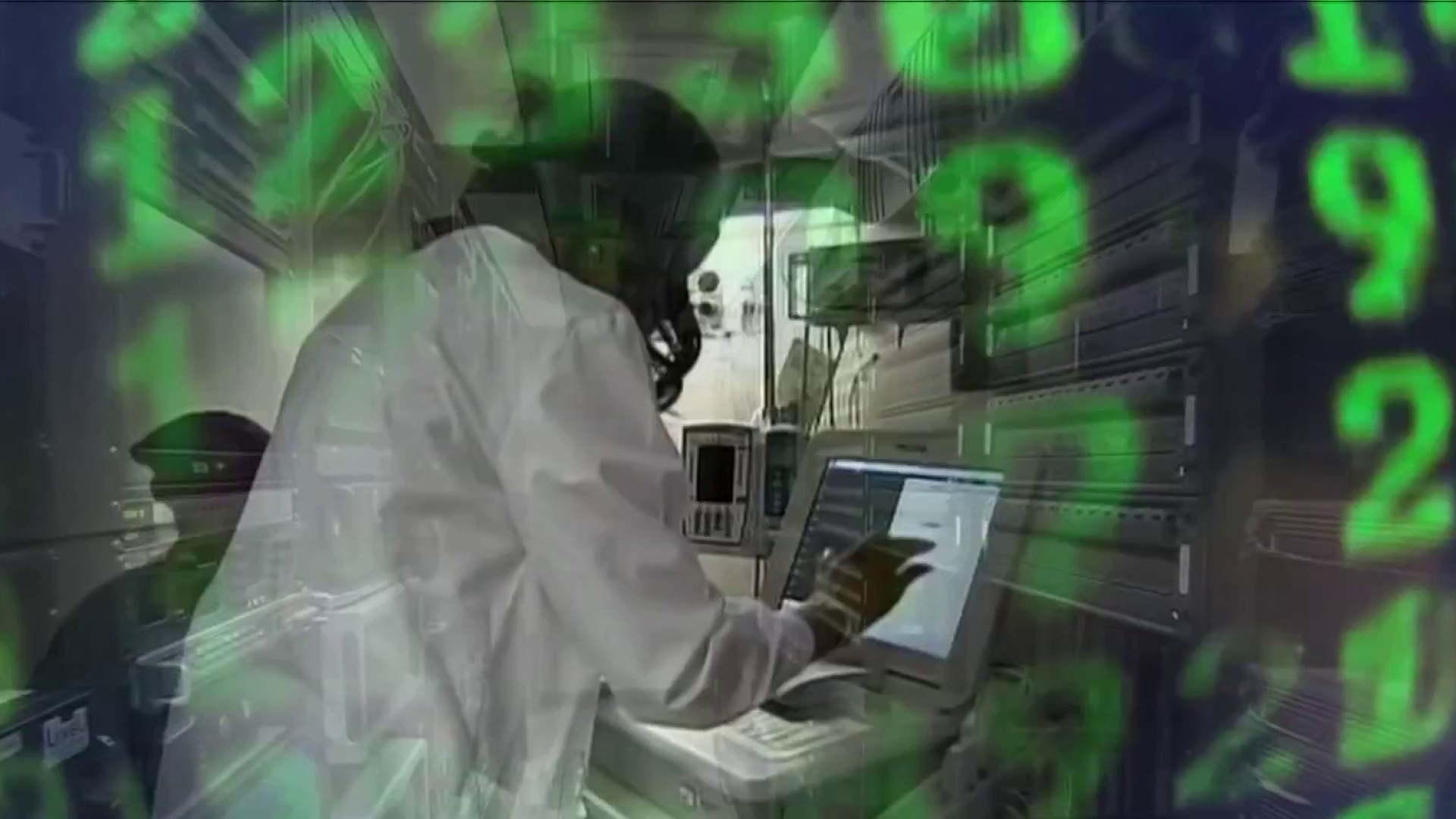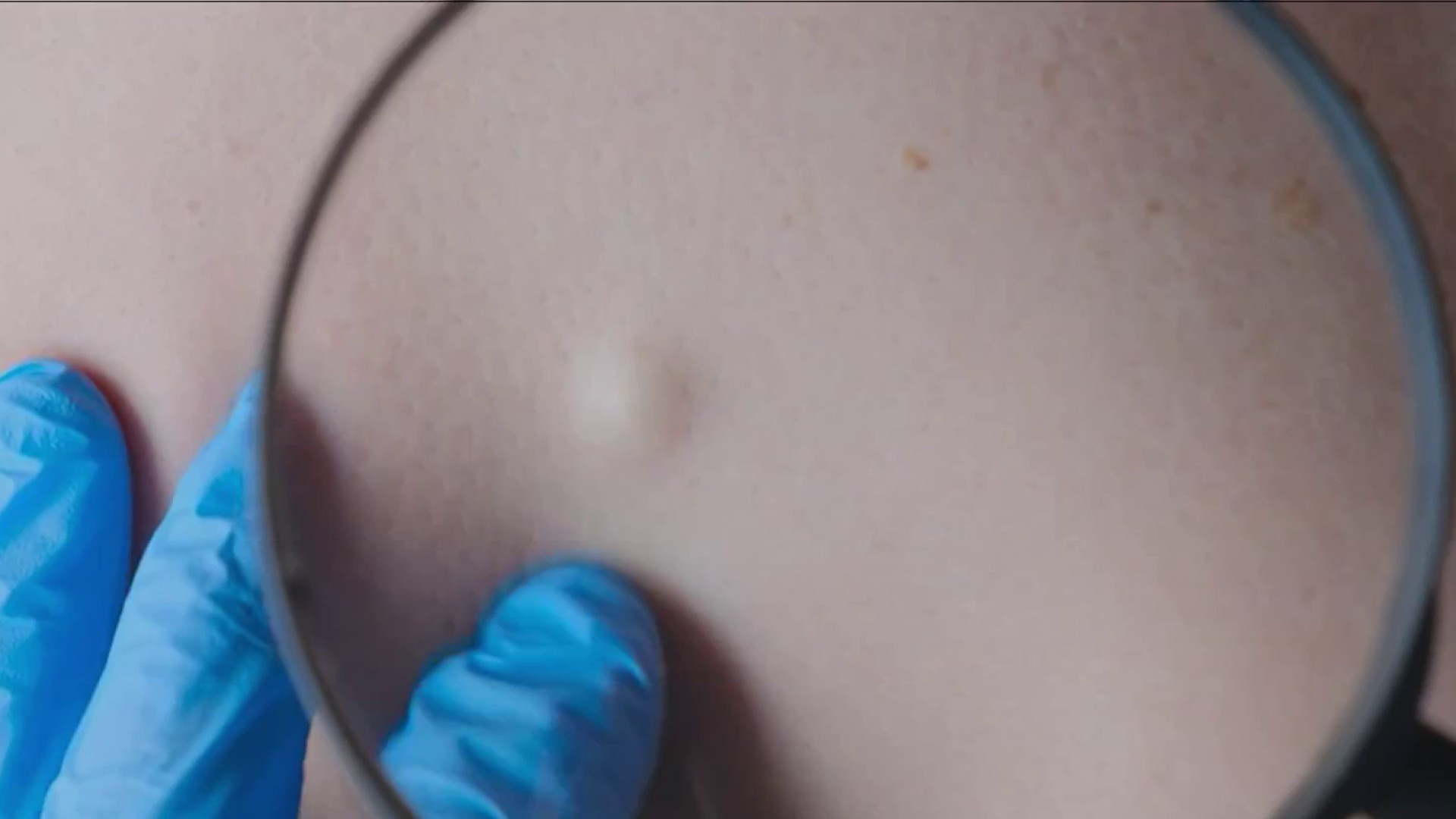Skin cancer is the most common form of cancer -- 1 in 5 Americans will develop it in their lifetime – but it’s curable when caught early.
A new device powered by artificial intelligence is helping doctors diagnose the disease in a non-invasive way within seconds.
DermaSensor looks like a phone and fits into the palm of a doctor’s hand. It’s first-of-its-kind technology that uses AI to detect the most common forms of skin cancer.
“It allows the physician using it to get a readout on a scale of 1 to 10. So, that gives you a relative idea of how concerning the lesion is,” said Dr. David Leffell, a dermatologist and Yale School of Medicine professor who took part in the clinical trials.
We're making it easier for you to find stories that matter with our new newsletter — The 4Front. Sign up here and get news that is important for you to your inbox.
“When a physician or other provider sees a patient, evaluating the patient, they're taking a history. They're looking at the lesion. They're, in their own minds, developing a perspective on whether it's something concerning or not,” he said. “This device is additional data that allows them to make a decision about whether or not to refer the patient on to a dermatologist.”
DermaSensor was cleared by the FDA for patients 40 and older in January, so doctors are just now being able to access the technology.
Here’s how the new AI device helps detect skin cancer
First, a doctor identifies a suspicious spot or mole and scans it with the wireless device to generate a score.
“A ray of light is emitted on the skin lesion and that light bounces back and it's read by the device. Using a particular algorithm or mathematical model based on how it reads that information, it is capable of determining abnormalities in the cell,” Leffell said.
The algorithum uses data related to 20,000 scans of more than 4,000 malignant and benign lesions.
A result is calculated within seconds.
In studies, the device was very effective, with a 96% sensitivity rate for detecting skin cancer.
DermaSensor works on all skin types, the company says.
It aims to give primary care physicians an additional tool to decide if a patient needs to take action and see a dermatologist.
“If anyone has tried to get an appointment with a dermatologist lately, you know that it's not easy,” Leffell said.
“One of the expectations with this device is that it'll allow primary care doctors to more accurately decide what needs to be referred on and, if there's real concern, they can then pick up the phone and get the patient in,” he said.
Sign up for our Breaking newsletter to get the most urgent news stories in your inbox.
In addition to detecting melanoma, which is the most deadly form of skin cancer, the device can also scan moles for basal cell carcinoma and squamous cell carcinoma.



